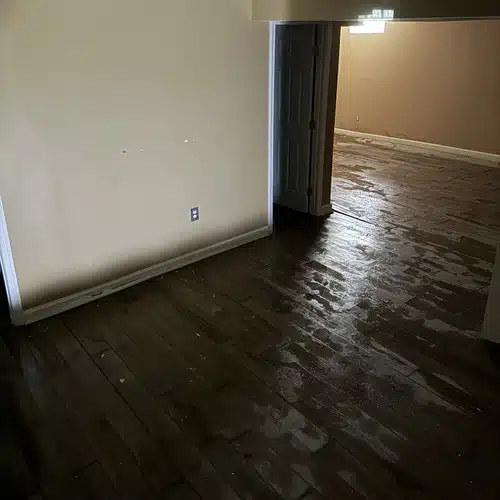The Hidden Risks of Delaying Emergency Water Restoration After Floods
Floods turn life upside down in an instant. One moment you are doing fine, the next your place is drenched, and everything feels like a blur. It is normal to freeze up and think maybe the water will dry on its own. But waiting it out can come back to bite you hard. The damage that follows is not always visible right away, and by the time it shows, things have already gotten worse. Taking quick action is not just the smart move—it is the only one that really makes sense. Here is why holding off can cost way more than expected.
Water Might Go Away… But The Damage Sticks Around
One of the biggest mistakes people make is thinking that once the water dries up, the danger is over. Nope.
Floodwater carries bacteria, chemicals, and sometimes sewage. Sometimes it looks like your floors and walls are drying, but the moisture seeps deep inside materials like drywall, insulation, and wood. This is exactly why emergency water restoration is vital after a flood.
Here is what waiting can lead to:
● Mold and Mildew: These start growing in as little as 24 to 48 hours. Once they spread, they are tough to kill off.
● Rotting Structures: Wood beams, floors, and even concrete can start to weaken from trapped moisture.
● Health Problems: Breathing in mold spores can mess with your lungs, especially if you have asthma or allergies.
● Smell that Never Leaves: Ever been in a house that smells musty, no matter how clean it is? That is usually from hidden water damage.
Your Wallet Will Feel It Later
Emergency water damage cleanup might feel like a big cost upfront, especially when you have already been hit with flood damage. But the longer you wait, the more expensive it gets to fix everything.
Think about it:
● Replacing one soggy wall is cheaper than gutting your whole basement.
● Mold remediation is way more expensive than basic drying and cleaning.
● Some insurance providers might refuse to pay out if they believe you waited too long to deal with the damage.
Holding off on cleanup is kind of like spotting a leak and just crossing your fingers, hoping it sorts itself out. It never does. Things usually get worse, and fast.
Appliances And Wiring Are At Serious Risk
A house is more than just its walls and floors. When water starts creeping into your appliances or the electrical setup, things can take a serious turn. It does not take much—wiring can become unsafe, appliances might stop working altogether, and systems like heating or cooling can be badly affected. If you wait even a few days, what could have been a quick fix might end up turning into a full-blown replacement job. That kind of risk is not something you want to take lightly.
Emotional Toll Nobody Talks About
Living in a water-damaged home can wear a person down. That smell, that feeling like the home is not clean or safe—it gets to you.
Some families end up sleeping on couches for months because their rooms are too damaged. Parents often feel helpless knowing their kids have to live around mold. It is heavy.
Getting it handled early helps the healing begin and brings peace back to the space.
The Takeaway
If you ever find yourself in a flood situation, do not wait. Do not try to handle it all by yourself. It is crucial to call the pros. Experts know what to look for, how to dry things properly, and how to stop the damage before it takes over. The sooner you act, the more you save—and not just in dollars. You save your space, your health, and your sanity.
So next time that floodwater creeps in, handle it today. You will be glad you did.





Leave a Reply